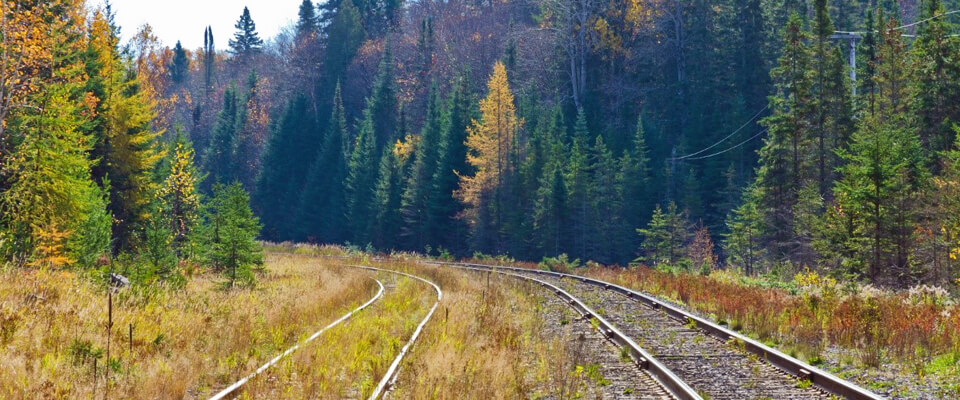My brother got married in April. He’s about to turn ninety and his bride is on the verge of eighty. It was an intimate wedding held in a modern chapel in Montreal. I wasn’t sure what to expect. My spouse and I traveled by train from Oakville to Montreal a day ahead of the wedding. Snow was possible in early April and we wanted to makes sure we arrived on time.
At the wedding, the bride and groom’s family and friends sat quietly in the chapel awaiting their arrival. Whatever notions we hold about aging, they can be dispelled instantly by a wedding such as this. Both bride and groom were nervous. Both professed their love. They were embarking on an elaborate journey together and they appeared as excited and giddy as any new couple who pledge themselves to each other.
What I learned from the wedding is that people, even older seniors, marry for different reasons. They marry for love; they marry for security; they marry because they are lonely; they marry for financial reasons. But whatever the reasons, they are optimistic about the future. And that’s what matters.
Optimism and the possibility of one human heart joining another, of soaring to the height of emotion while knowing that there will be sadness, pain and, in the end, separation by one means or another, is the beginning of this and every new couple’s journey. It’s a brave undertaking at any age. It’s most brave when the two are ninety and eighty years old, an octogenarian and a nonagenarian, diving headlong into uncharted waters, starting over, believing in second or third or even fourth chances.
On the way back home, spouse and I decided to splurge on business class Via Rail. I’d forgotten how pleasant train travel is. How decidedly different from the frenetically paced universe of airport security checks, of changing schedules and missed connections and of take offs and landings in and out of the sky. I felt more relaxed travelling by train than I have in years. Flying dulls my mind; becoming insensate is my method of tolerating the bedlam and discomfort. This trip gave me time to consider things, to explore my thoughts and to view the landscape, to feel its power, instead of flying over it, above the clouds where the particular detachment of air travel takes me over.
The business class car was filled to the brim with all sorts. Most, I’d wager, were not on business. They were people like us, travelling from Montreal to Toronto with the luxury of time to enjoy this nineteenth century pace of getting from one place to another. Our car was a joyous place. It reminded me of the old CN bar and dining cars of yesteryear where strangers gathered for a drink and a cigarette and to trade stories as the train lumbered across the Canadian wilderness.
During our trip, we settled into expansive seats with oodles of legroom and sturdy tables for dining or laptops. Wi-Fi connections and electric power outlets were pretty well the only reminder that we were living in the twenty-first century.
The passengers on our journey drank wine and ate dinner while the train rolled past the darkening farmers’ fields and lonely villages along the route. For me it was a journey into the past, and of memory mixed with self-discovery. I recalled the little wooden train stations that dot the landscape between Montreal and Toronto from the days when I took the train often. Some stations have fallen into disuse, the towns surrounding them looking much the same as they did more than forty years ago, as rural populations shrink or almost disappear. I remembered how connected I once was to this landscape when I first crossed Ontario and Quebec by train and how it drew me into studying the literature and history of our country. In the years directly after Expo 67, when everything seemed possible, it was my way of being Canadian.
During this trip, train travel — the link our first Prime Minister Sir John A. Macdonald used to unite our country— helped me to appreciate the importance of this country’s 150th celebration and my own connection to it. When I first left home to start university, it was along this very route, travelling from Windsor, Ontario eastward, past the newly-erected skyscrapers of commercial Toronto and across the raw terrain of Eastern Ontario, that I began to appreciate the majesty of Canada’s geography and its vast differences. Even now, I still feel as if I could reach out to touch the limestone rocks near Kingston or dash across a mud-soaked farmer’s field lined with the grey fading snow of April. I still feel in touch with the land and committed to it, perhaps more so than ever.
A wedding is like a country. It either works to bring people together, or it fails. A new marriage is also like a new country, built on idealism and hope, the best kind of emotion anyone can share.































